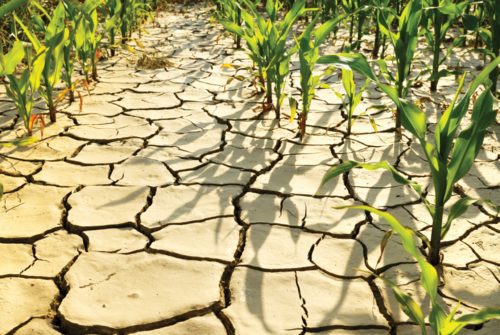By Bishop Jose Garcia
“The earth is the Lord’s and all that is in it, the world, and those who live in it; for he has founded it on the seas, and established it on the rivers” (Psalm 24:1-2). This Bible passage clearly states who is the rightful owner of all the natural resources on our planet. Yet God gave humankind the authority to subdue the earth. In other words, to exercise great care as stewards of God’s creation.
There is an abundance of Bible references showing God’s instructions on how to care for the land. Therefore, we have a responsibility to practice good stewardship of all the natural resources entrusted to our care. Some of the parables shared by Jesus with the disciples stress the importance of good stewardship and our accountability to God.
The earth is not a wastebasket. It is a perfectly designed house for humanity and all of creation, and God saw that “it was good.” We share this house in awesomeness and reverence because of the way everything, from inanimate objects to living creatures, plays a role in keeping a homeostatic balance in which we all coexist and survive.
God created humankind as relational beings who need a vital and healthy interaction not only with one another but with all the elements of creation. Our planet is a system of living organisms and elements that shape and have an impact in the atmosphere, land, and water. As relational beings, we have spiritual, emotional, and physical needs that are met through our interaction with other human beings. However, another important relationship is the one we have with the rest of creation. As stewards of this house, we are called to exercise good care and not to neglect the charge given to humankind by God, to subdue the earth. Whether we like to admit it or not, there is no action without consequence, for we will reap what we sow.
Climate change is real. We do not live in a vacuum void of interaction with God’s creation. There is a need for accountability to one another and to God, to ensure good stewardship of the resources in this planet we all share.
Jose Garcia is a bishop in the Church of God of Prophecy and the director of the church relations department at Bread for the World.



